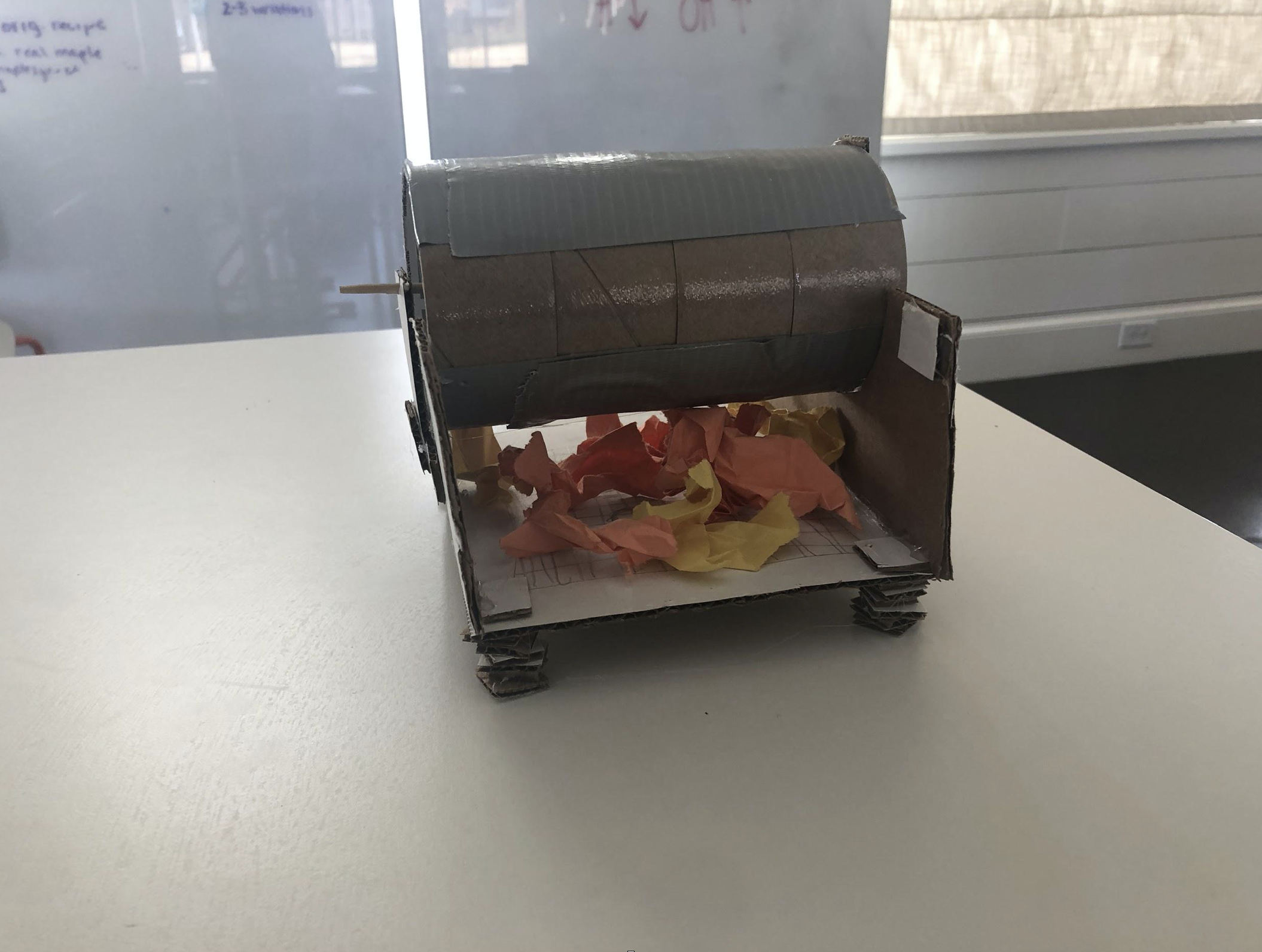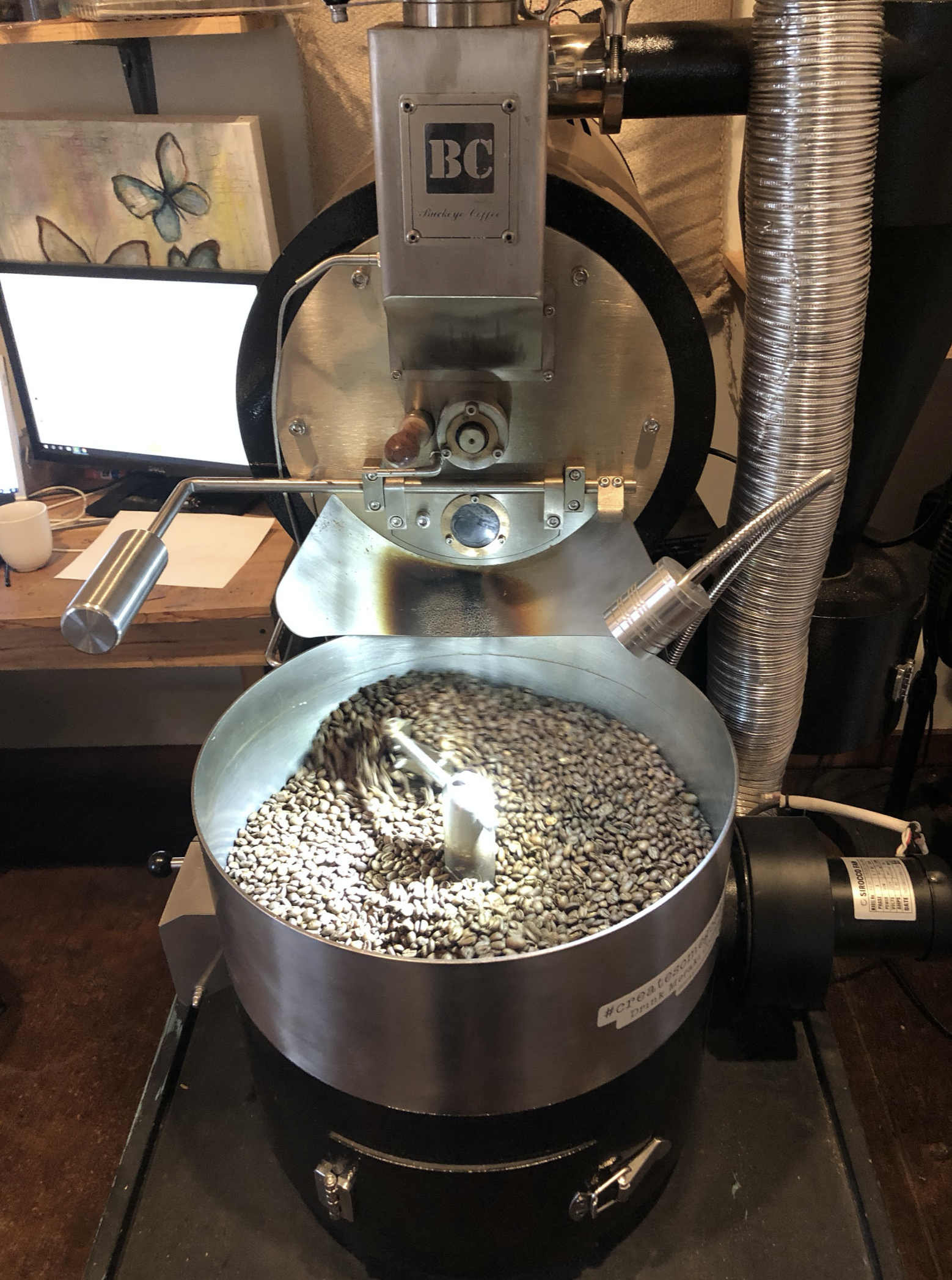
Tully Jones-Wilkins
Junior Project
I created a series of data driven generative art visualizations using data from confirmed covid-19 cases. I was the sole leader and only person working on this project. I pivoted on topics a few times but finally was able to get over my fear and commit to work on the gen art project. My role was the head design, engineer, etc. I worked on Processing, Github, researched data sets, studied data sets and statistical analysis for the data used.
I jumped into a topic that I knew very little about and was far from comfortable with: data analysis and coding in Processing. As I was juggling with my conscience for what topic to choose, what data to visualize, I was still learning and practicing processing. I chose to do a generative art project because I loved working with Processing after I became comfortable with it. It was a creative outlet for me. Not one that takes precise skill like drawing or painting, but one that takes conceptual and technical functionality and translates it into a way to express myself artistically. It took me a long time to understand why I chose this topic. Luckily because of the freedom I had, I was able to progress and find why I chose it, and It turned into something special. I loved having a full-fledged introduction into this creative coding world, and can’t wait to continue working on more visualizations in the future.
This project really helped me understand that I lack commitment sometimes. After struggling with choosing a topic I understood that more and more. Even though it isn’t a positive I think that this experience will definitely help me adapt to this problem in the future and help me have some conviction to continue without worrying about such things.
In other regards this project will definitely help me in the future sinceI now know more than I ever thought I would about creative coding, writing a html webpage, working on a local server, understanding URL’S, and most of all understanding the conceptual design behind coding languages. It will help me in the future if I have a project involving web services, design, or even technical programming issues and solutions. I also think that this project has helped me further a different way of thinking that is more formulaic and sequenced.
I learned how to program in Processing;by no means am I an expert, or even intermediate, but I am confident in my ability to further my knowledge, learn other languages, and find ways to implement these skills into my life.
One of the most powerful skills I have gained in this project is my analysis skills, many times during the project I looked toward other coders in the community, methods they used to solve problems. This forced me to analyze their code, their style, and the devices they use to solve a problem. Much like what a poet does in their writing. I have always been comfortable analyzing poems and stories and I feel even more confident now analyzing things in general.
I learned all about different processing functions, how to use variables effectively, what a loop is, and how to use time to solve problems. I learned information about systems of data, how to use them effectively, how to convey thoughts or devices through the code using movement. I also learned a lot of information about the concepts behind programming- “Computational thinking”.
The technical and analytical skills that I learned will surely help me in future projects, academic endeavors, and the workplace. I feel that if I were to be presented with something to analyze I could use multiple perspectives and thought processes to understand more and see more than if I was only approaching it one way. Ex. formulaic vs conceptual, holistic vs partial. I really value the time that I spent working on these projects and want to continue working on processing for a long time.
Coffee Roaster
In this solo project I worked in design, communication, and research, plus much more. Specifically, I learned the need-to-know parts of coffee roasting through both experience and extensive research. I also experimented and completed a digital design of a portable coffee roaster on Fusion 360. I began to promote myself on platforms through my coffee roaster and the design process behind it.
I did a coffee project because it was truly what I am interested in. When you work on a project that you love you work harder, better, and most of all with more enthusiasm. Sure, at times there were worries, stress, and procrastination, but in the end I was able to do this project because of the human-centered design atmosphere. I think this project shows that I am a person who goes all in on a topic; in this example, it was coffee.

Recently, I have been thinking about how incredible it is to be exposed to this kind of education at this critical age. This project was especially eye-opening for me to realize how exposure can fill you out as a student, but also as a person and applicant. Having the opportunity to do what you love for school is not typical. While most high school students are saddled by homework and stresses of grades, I am career searching. I will add, I have been seriously considering looking into a career involving coffee.

Meraki coffee roasters, Clarksdale, Mississippi https://merakiroasting.com/
I learned a whole array of skills while working on this project. I learned about coffee roasting and the chemistry behind the roasting process which is a high stress situation that takes skill and full attention to be successful. I learned how to use Fusion 360, and I have a newfound confidence and competence in digital design. I practiced networking skills with others in the coffee community. I learned the importance of prototyping, planned design, and iterative work.
First and foremost, I learned the most about coffee itself including roasting and brewing equipment along with bean specific information. My extensive reading of The Coffee Roaster’s Companion by Scott Rao taught me technical information about roasting and much more. I have also grown in my understanding of how important coffee is to our world after reading the book The Coffee Trader. I feel that I have a better perspective of the connection between our world’s culture and how much of it revolves around caffeine and coffee.
In the future, these skills and information will definitely help me in the job search process. For example, if I want to work at a coffee roaster, I could have a jump start compared to other applicants. I think the information I learned helped me understand how much more there is to something than what is on the surface. I can apply this understanding to my academics- looking further than the study guide, or finding some part of a topic that caught my attention. Once you have that connection, the rest will come easier. I know without a doubt that coffee is in my future; not only is coffee in my future, but so is design. Understanding and having experience with iterative design, digitally and physically, will undoubtedly help me in my academics and general life.